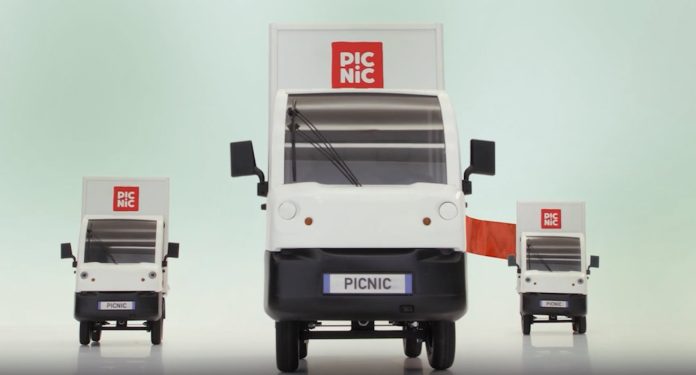Dutch grocer Picnic raises €430M from existing backers to deepen its lead in Germany and enter new markets, fueling the growth of its electric-van delivery model.
Picnic, the Dutch online grocery store, announced on Monday that it has secured €430 million in new funding from existing investors. The capital will be primarily dedicated to significantly expanding the company’s operations in Germany, where Picnic claims market leadership, with plans to enter multiple additional European countries.
The investment was officially revealed during the 120th anniversary celebrations of the German-Dutch Chamber of Commerce, underscoring the cross-border nature of the company’s growth strategy.
Backing from Established Investors
The funding round drew capital from a consortium of long-term supporters, including the German supermarket giant Edeka, the Bill and Melinda Gates Foundation Trust, the Dutch firm Hoyberg, and the Amsterdam-based investment firm NPM Capital.
This investment follows Picnic’s previous success in securing significant capital, notably raising €355 million in 2022 and €600 million in its Series D round.
Picnic, founded in the Netherlands in 2015, operates a streamlined delivery model that relies on small electric vans to transport groceries directly from local distribution warehouses to customers.
Also Read: Tariffs Test How Much Price Pain Shoppers Can Take
A European Market Leader
Picnic has rapidly scaled its presence since launching in Germany in 2018 and France in 2021. The company now services two million customers across 200 locations.
Michiel Muller, Picnic co-founder, highlighted the collaborative success driving the expansion. “The collaboration between software developers and operational staff from both countries demonstrates the excellent cross-border cooperation and the development of a European market leader in online grocery shopping,” he said.
The new funds will be channeled toward bolstering the company’s infrastructure, particularly in Germany, as it attempts to solidify its dominance in a highly competitive European grocery delivery market.










